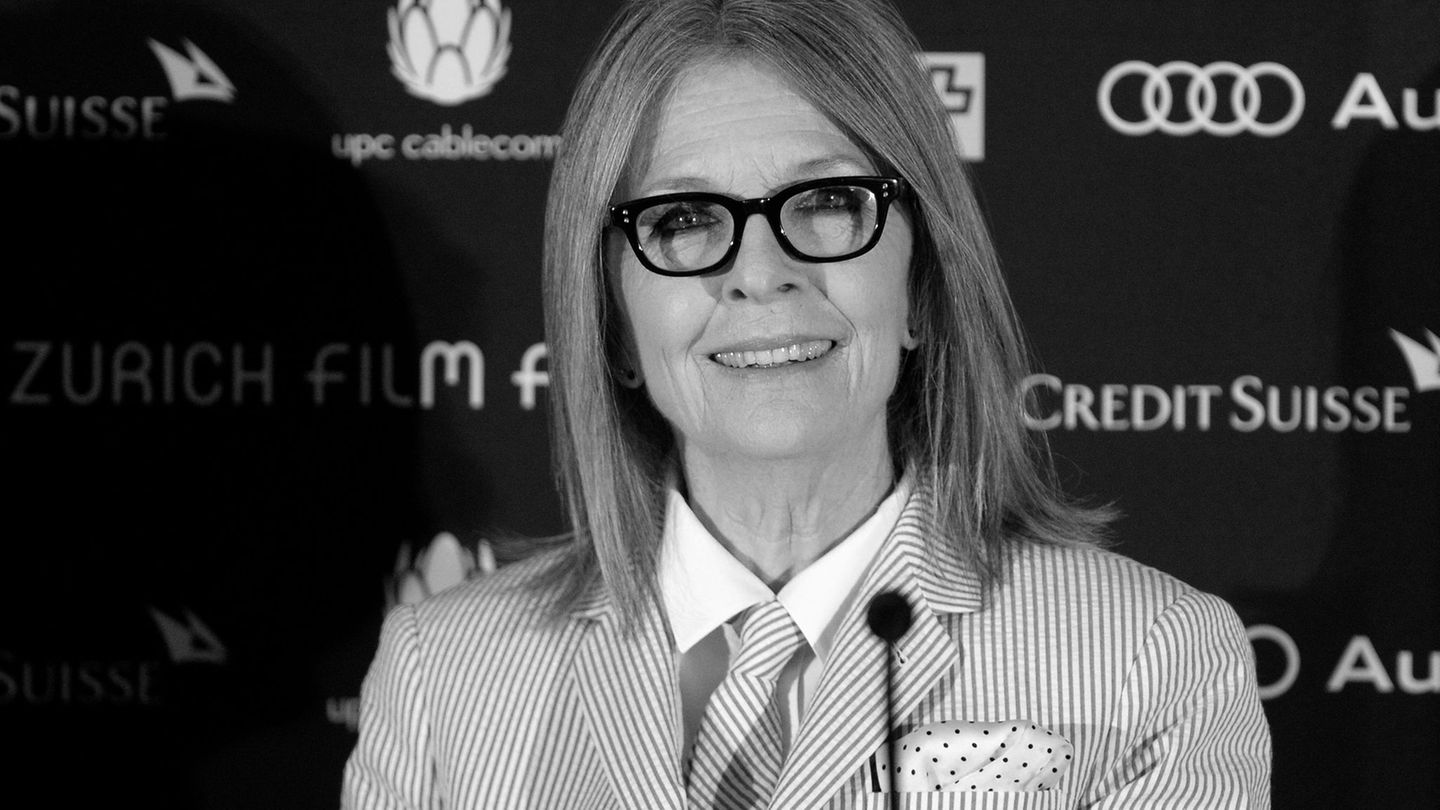Air pollution, carcinogenic chemicals, UV light and passive smoking together are responsible for an estimated ten percent of all cancers in Europe, and probably for significantly more. This is the conclusion of the European Environment Agency (EEA) in a report published yesterday. Smoking, alcohol consumption or your own diet are not taken into account in this analysis.
The good news is that environmental and occupational cancer risks can be reduced by tackling environmental pollution and changing behaviour, according to the Copenhagen-based agency.
It is an effective and inexpensive way to reduce the number of cancer cases and deaths. The EEA writes in the report: ‘Environmental and occupational cancer risks are inherently preventable and reducing them is key to reducing the cancer burden in Europe.’
EEA Executive Director Hans Bruyninckx explained that the reduction of pollution through the EU action plan “Zero Pollution”, the chemicals strategy for sustainability and the consistent implementation of existing EU measures would make a major contribution to reducing the number of cancers.
Don’t work against nature
“It would be an effective investment in the well-being of our citizens.” EU Environment Commissioner Virginijus Sinkevicius emphasized: “What is better for the environment is also better for us.” The EEA’s findings clearly show how closely the health of the planet is linked to the health of citizens, said EU Health Commissioner Stella Kyriakides. “We must work with nature, not against it.”
With almost 2.7 million new diagnoses and 1.3 million deaths each year, the EU is more affected by cancer than other regions of the world. Although less than 10 percent of the world’s population lives in Europe, according to the EEA, almost 23 percent of new cases and 20 percent of deaths worldwide occur here.
The most common cause of death is only circulatory diseases. According to the EEA, this high incidence of cancer can be explained by several factors, including, of course, lifestyle including smoking, alcohol consumption and diet, but also with increasing aging – and also with the fact that people are permanently exposed to pollutants.
‘The lives of almost all Europeans are bound to be affected in some way by cancer, whether they are themselves or their family, friends or community,’ writes the EEA.
The Day of Oncology at the Ordensklinikum Linz will take place next Friday, July 1, from 1 p.m. to 5 p.m. in the Promenaden Galerien in Linz. In addition to many specialist lectures, there are also numerous information stands on the topics of rehabilitation after cancer, scar treatment and biofeedback analysis. Admission is free.
Source: Nachrichten




